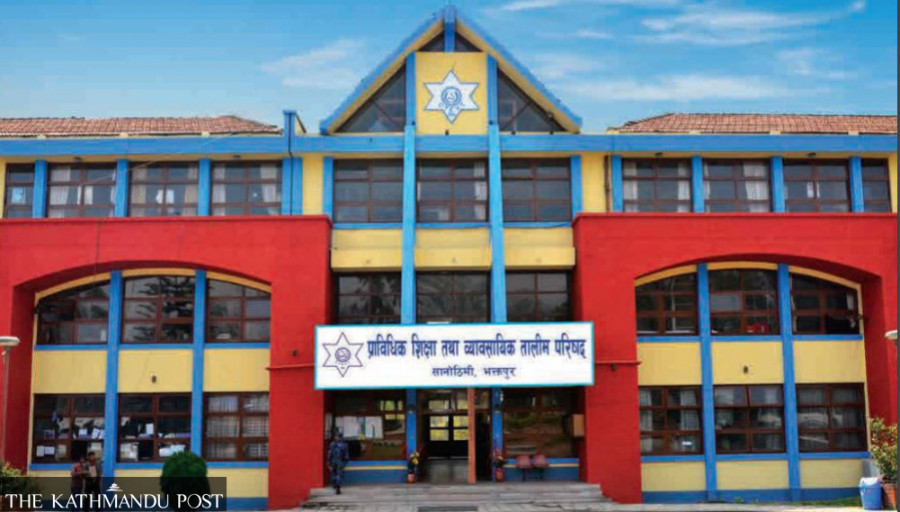National
Schools grapple with dwindling enrolment in CTEVT diploma programmes
Experts call for setting up a quality assurance mechanism to ensure quality supervision and licensing for graduates of diploma courses.
Binod Ghimire
The rapid expansion of diploma engineering education providers over the years has resulted in poor student enrolment, leading to the closure of many institutions.
Various colleges under the Tribhuvan University started providing diploma courses under the engineering stream from 1962. They gradually phased out their programmes with the establishment of the Council for Technical Education and Vocational Training (CTEVT) in 1989.
With a motive to make vocational education more accessible, the Ministry of Education in 2013 gave CTEVT affiliation to 100 community schools across the country to run technical education from grades 9 to 12.
Currently, two types of technical education are available in Nepal. One through the education ministry in community schools and the other under the CTEVT. Over the years their numbers started growing rapidly, resulting in a situation where they are now grappling with a shortage of students.
The number of academic institutions providing technical education which stood at 853 in 2017 jumped to 1,591 in 2022.
The enrollment rate has declined to 51 percent from 90.92 percent during the same period.
"The enrolment further declined to 38 percent in 2023," said Ram Hari Lamichhane, former member secretary at the CTEVT, who has conducted a study on the vocational education providers, at a function organised by the Education Journalists’ Network on Friday. "As a result, close to 100 community schools have started the process to phase out their vocational education programmes."
Based on his survey, Lamichhane said most of the community schools offering vocational education lack instructors, tools and technologies and even the capacity to run such programmes. As a result, they have failed to provide quality education, leading to a decline in student enrollment.
For the last few years, the graduation rate for diploma programmes in engineering remains at 25 percent and their employability is less than 50 percent. Experts on technical education and technical education providers say it has become necessary to have a mechanism to ensure quality supervision and licensing for graduates of such diploma courses.
The government has set up a nursing council to oversee nursing education, medical council for medical medical education and engineering council for university-level engineering education, but there is no such mechanism for engineering diplomas. "We need a mechanism for the licensing of the diploma graduates," said Sunil Chalise, vice-chair of the Forum for Health and Technical Science, an umbrella body of the 424 institutions providing non-university technical courses.
Government officials say they are aware of the decline in student enrollment and deterioration in quality standards. Shiva Kumar Sapkota, a joint secretary at the ministry who oversees the Technical Education Division, said they have received applications from many community schools to phase out technical programmes, although he declined to disclose their numbers.
"I agree that time has come to rethink whether we need to run diploma programmes separately through schools and under the CTEVT," he said, adding there should be a proper mapping as to how many such institutions are needed and in which place. He said that he was concerned about the waste of government investment as half of student quotas remain unfulfilled.
Following continued pressure and concerns from the education providers, the Ministry of Physical Infrastructure and Transportation is mulling setting up a licensing mechanism. "During consultations two options were floated. First to set up a new council, and second to allow the engineering council to look after the diploma level as well. The ministry will soon reach a conclusion," said Sushant Subedi, an officer at the ministry.
Officials at the engineering council say they are ready to take up the matter if the government wants. "We are capable of handling the diploma level as well. But the government needs to expand our jurisdiction through legal amendment and increase human resources," said Shiva Mangal Giri, registrar at the Nepal Engineering Council.




 10.12°C Kathmandu
10.12°C Kathmandu















